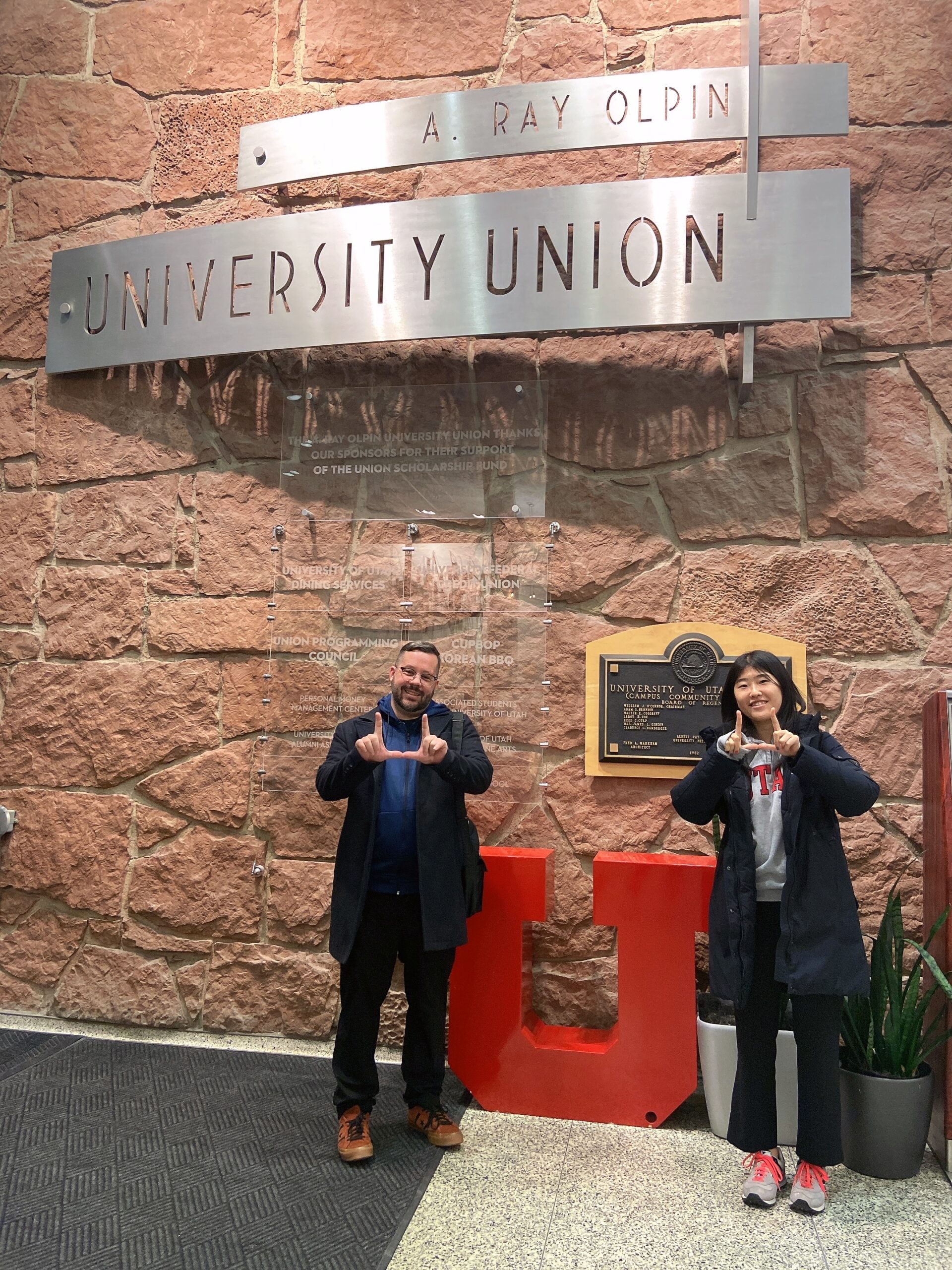
Good news has traveled from afar! One of our UAC PSY alumni recently co-authored an article. Caroline Joung and Dr. Porter Morgan’s article, “Examining the Impact of Hagwons and the South Korean Education System on the Entity Mindset Development of Young South Korean Adults,” is now available in the journal Culture & Psychology (see link below).
The article explores how the culture of Hagwons impacts young adults, extending from pre-existing literature that focuses on the physical and psychological impact of Hagwons on adolescents. According to Caroline, “The results ultimately highlight a strong norm culture in South Korea surrounding Hagwons as well as a contradiction between the meritocratic promise that effort guarantees success during adolescence and the majority of interviewees who review such efforts with futility as adults.”
Caroline’s own experience of being in a South Korean system initially motivated her to write this article. She observed that CSAT (Suneung) in Korean was heavily emphasized to students as the predictor of the success in their entire lives, which eventually creates a barrier in their mind towards what they believe they can achieve and what they can achieve. She points out the strong norm culture of Hagwons impact long-lasting mindset development, motivation, and emotional development of young adults: “…Korea’s education system has reached a level of unattainability that leaves the majority doubting their years of effort and time devoted to a meritocratic promise that effort guarantees results.”
She understands the background of the development of the Korean educational system, which is deeply linked to the history of Korea’s economic destitution after the Korean War. On the other hand, she identifies weaknesses in the current Korean education system. Attending a prestigious university does not guarantee lifelong success and prosperity, a truth that most students are not aware of. To become independent adults in the future, they should have a broad perspective while exploring their academic and career pathways. The CSAT score and the name of the university do not guarantee what they will truly need in their lives. Also, the education system should evolve to support students in finding their paths to genuinely happy lives.
Lastly, we would like to highlight all the acknowledgments she mentioned. She expressed her gratitude for the support and assistance she received from Dr. Peter Morgan, the co-author of this article, and UAC. For those interested in the research process, she noted that time management and transcribing interview sessions were particularly challenging. If anyone is considering getting involved in academic research in the future, please be mindful of these challenges!
